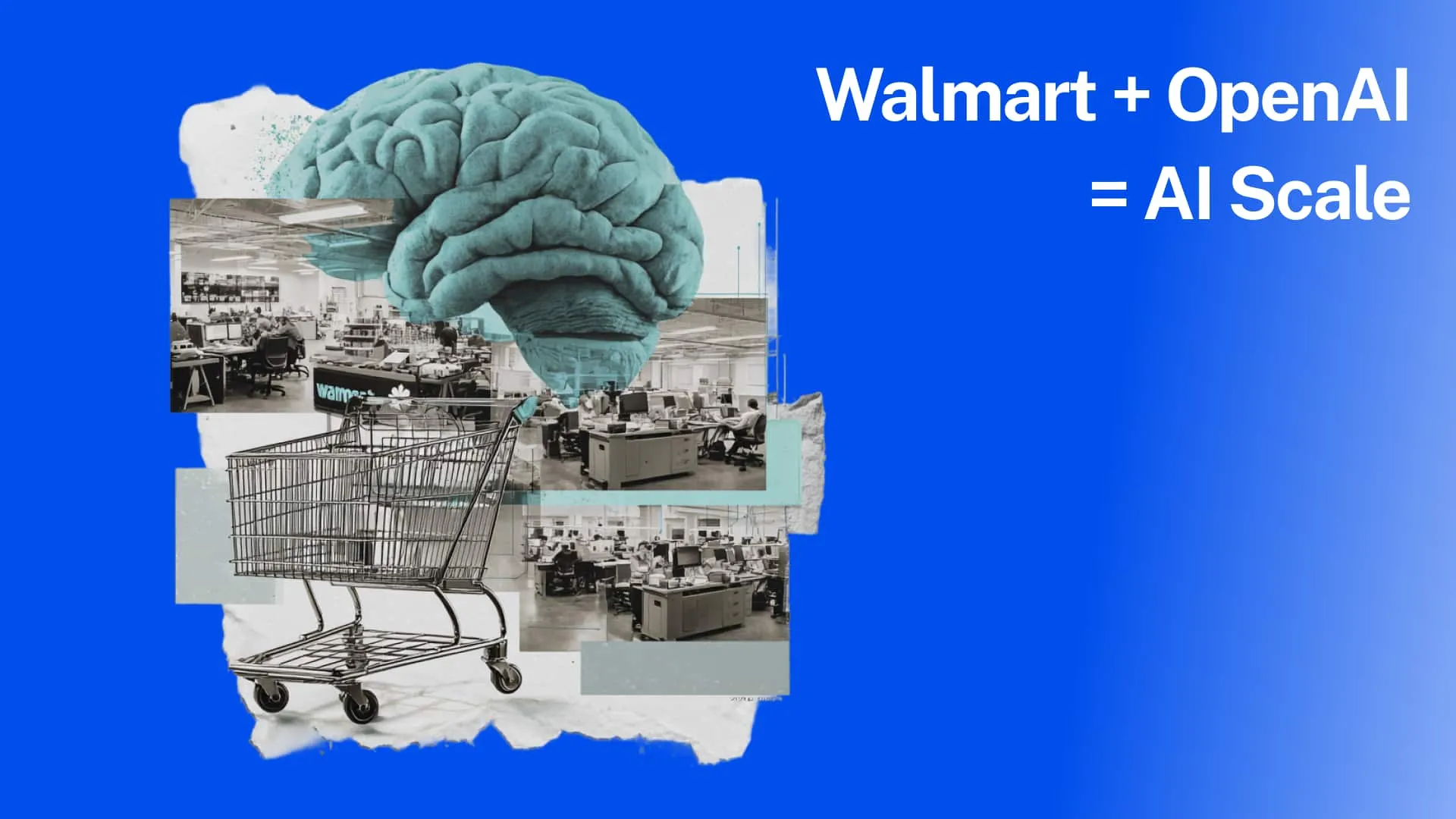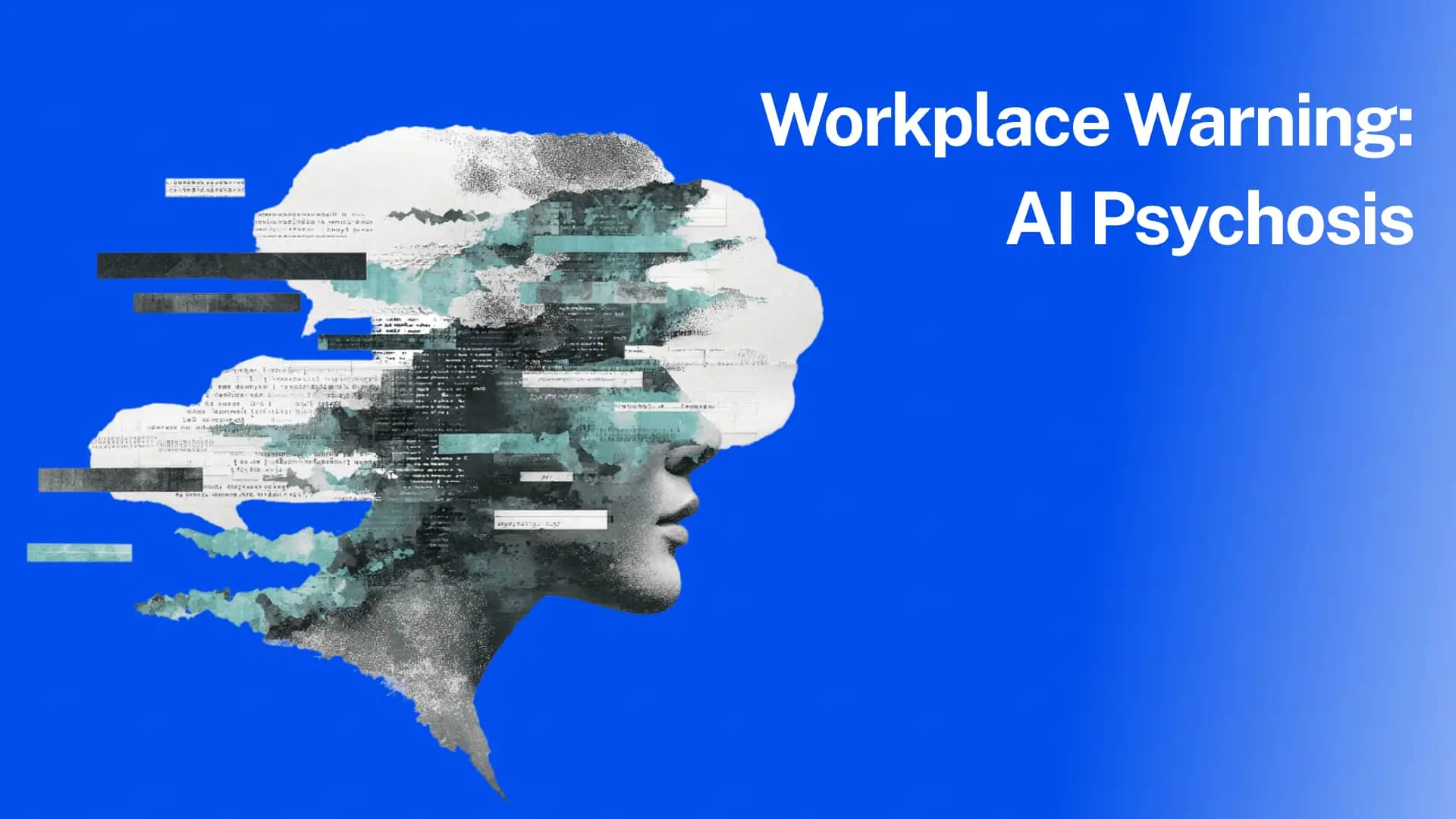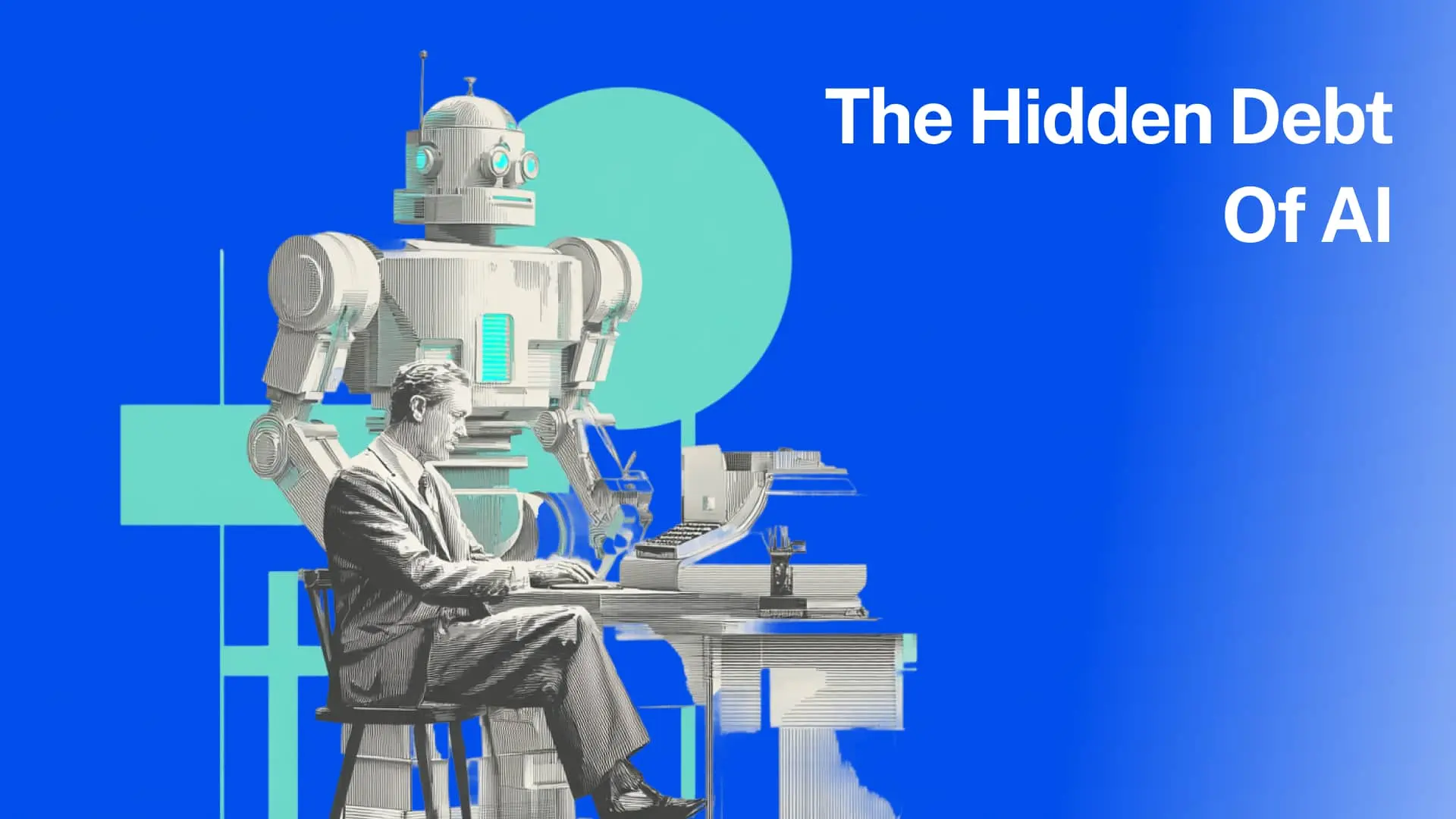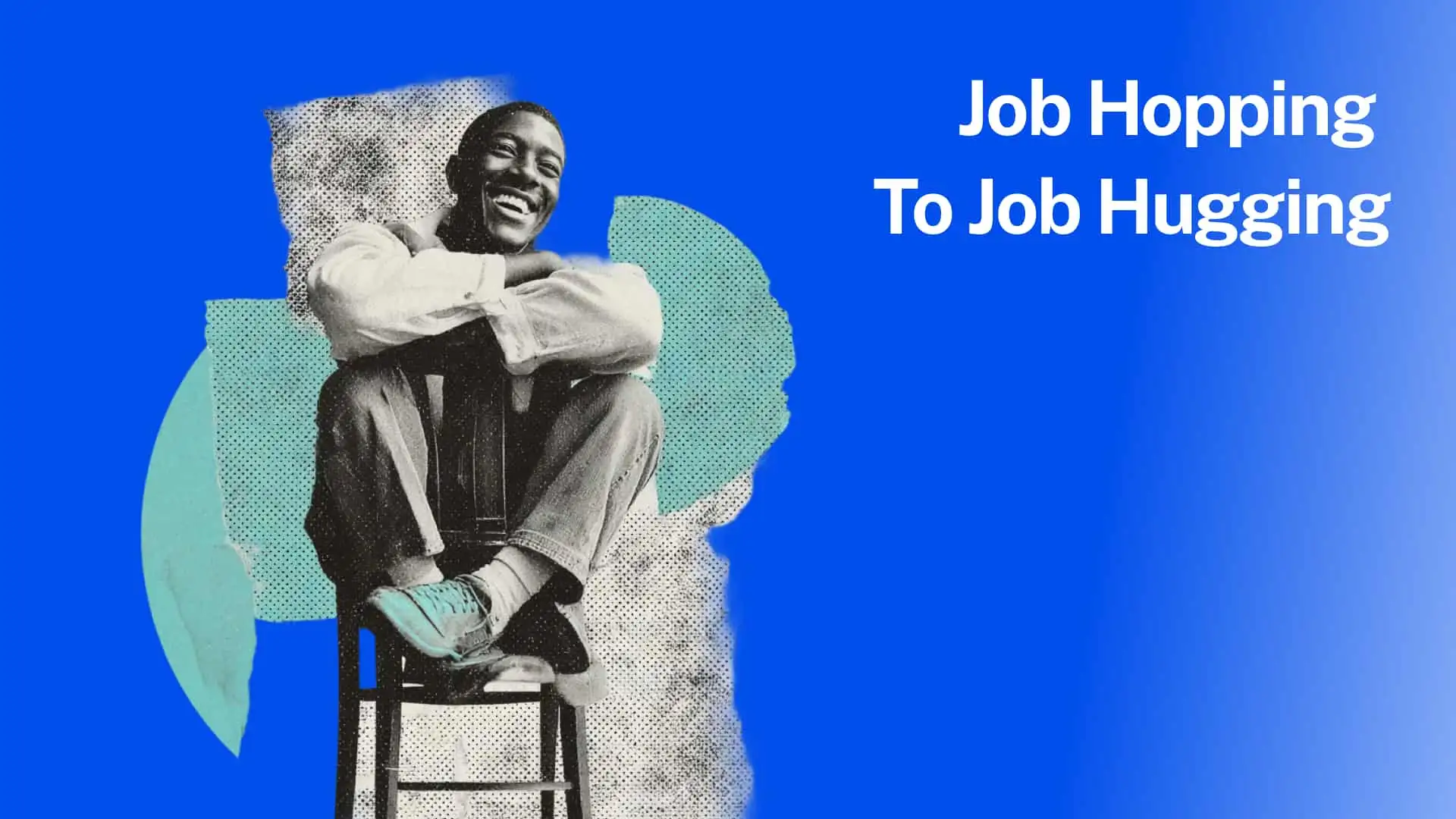Rapid AI technology adoption across various industries has the potential to revolutionize operational efficiencies and productivity.
Still, Moderna CIO Brad Miller said in a recent case study about their collaboration with OpenAI that "90% of companies want to do Gen AI, but only 10% are successful."
Moderna, the biotechnology firm famous for its mRNA COVID-19 vaccine, is a standout case of how to implement AI from which we should all learn.
In this week’s newsletter, I’ll explore the specifics of Moderna's AI playbook, offering a comprehensive overview if you’re still left wondering how to implement AI in their organizations.
Moderna's Strategic AI Implementation
Moderna’s transformative journey with AI technologies began in early 2023 through a collaboration with OpenAI.
The partnership, detailed in a new case study, focused on leveraging AI to enhance business operations and healthcare solutions, but not in the way you might have expected.
Rather than thinking about one big use case for AI, like a digital medication inventor, Moderna set a new standard by enhancing and streamlining business operations for each employee, starting with replacing a single workflow.
In just a few months, the company has successfully integrated hundreds of GTPs, small apps anyone can build in minutes on top of ChatGPT, across various departments.
These models have been instrumental in automating tasks, optimizing workflows, and enhancing decision-making processes. They demonstrate AI's capability to streamline operations comprehensively when embedded in existing workflows.
It also reflects where AI is used best: to supercharge humans to work more efficiently. And focus on what we humans are uniquely capable of: creative and strategic work.

Some of the GPTs Moderna launched include:
- Contract Companion GPT: This GPT aids the legal team by summarizing and analyzing contract details, streamlining legal operations, and focusing efforts on strategic tasks.
- Dose ID GPT: Utilizes advanced data analytics to optimize vaccine dosing in clinical trials, enhancing the efficacy and safety of medical treatments.
- Regulator GPT combs through extensive research to quickly draft responses to regulator questions, reducing the time from weeks to minutes.
- Brand Team AI helps prepare slides for quarterly earnings calls
- Communications GPT helps convert biotech terminology into approachable language for investor communications.
Data inspired an employee-led AI strategy – another reason to become a listening organization and invest in people analytics along frequent employee surveys.
Moderna’s Head of AI Products and Platforms, Brice Challamel, conducted extensive user testing comparing a previously developed all-purpose chatbot called mChat, Copilot, and ChatGPT Enterprise.
The results were clear and led to the adoption of the user-led approach:
“We found out that ChatGPT Enterprise's net promoter score was through the roof. This was by far the company-favorite solution, and we decided to double down on it.” – Brice Challamel, Head of AI Products and Platforms.
Further metrics speak for themselves. Within two months of the ChatGPT Enterprise adoption:
- Moderna had 750 GPTs across the company
- 40% of weekly active users created GPTs
- Each user has 120 ChatGPT Enterprise conversations per week on average
Despite having fewer than 6,000 employees, Moderna plans to launch 15 new products in the next five years. This showcases AI's huge potential for rapid scalability and operational efficiency without proportionately increasing the workforce.
Challenges and Considerations

Of course, implementing AI on Moderna's scale is not devoid of challenges. If you’re looking to emulate Moderna’s success, you must consider the following:
Cultural Shifts: A shift towards a data-driven, AI-first culture is crucial, necessitating comprehensive training and adaptation among employees. This starts at the top.
Moderna’s CEO, Stéphane Bancel, told the Wall Street Journal that “his goal is for employees to use it no fewer than 20 times a day, and so far, they’re keen.”
It’s exactly why I target executives with my Lead with AI course, to ensure the mindset shifts toward letting AI take over menial tasks. And why we developed the ChatGPT prompt generator to let everyone get more out of the AI tools they use.
Three of Moderna’s change management initiatives stood out in particular:
- An AI prompt contest to identify the top 100 AI power users. These employees became a cohort of internal Generative AI Champions.
- Local office hours have been established across all business lines and regions. An internal AI forum now boasts 2,000 weekly participants, allowing for scalability.
- Moderna’s CEO and executive committee members foster a positive AI culture in leadership meetings and town halls.
Of course, this means that human resources should be closely involved. This is as much a technology issue as it is a human one.
Work futurist Antony Slumbers, who previously inspired us to become “exponential humans,” even heralded Moderna’s approach as best-in-class leadership:
“The striking thing about Moderna’s approach is the delegation of innovation ‘down to the troops.’ Empowering every individual to consider what leverage they can make out of these tools. Excellent, grown up management” – Work Futurist Antony Slumbers.
Technological Infrastructure and Data: A robust digital and data infrastructure to support AI technologies is essential for seamless integration. It’s no surprise that Moderna’s CIO is front and center in the OpenAI case study.
AI is data, and data is AI. This means that having great data and improving it over time, as HR Tech guru Josh Bersin remarked in our recent conversation:
“So the power and value of the AI are dependent on the value and trustworthiness of your data. You're going to have to make sure that the data is accurate, that it's protected, that it's trusted, and that people only see the things they're supposed to see. You've got to continuously train it.” – Josh Bersin.
Ethical and Operational Risks: Addressing potential ethical concerns and operational risks associated with AI deployment is critical to ensure responsible and effective use.
Like at Klarna, which replaced up to 700 call-center agents with AI, Moderna started a dedicated task force to overcome these challenges. A team of dedicated experts drove “a bespoke transformation program. Their approach combined individual, collective, and structural change management initiatives.”
Some of these challenges are likely why Moderna is not doing this alone. According to the WSJ article, it gets heavy support from OpenAI:
“OpenAI research and product teams provide dedicated support to Moderna; has weekly strategy calls with the Moderna team to discuss progress, align on goals, and plan future initiatives; and offers a shared Slack channel for quick problem-solving as well as other support.” – WSJ
The Bottom Line: Integrating AI Like Moderna
Moderna’s approach exemplifies a successful AI integration that enhances operational efficiency and propels product innovation and development by starting with individual employees and their workflows.
And there’s a tremendous upside, including streamlining the organization exponentially, says Moderna’s CEO:
“If we had to do it the old biopharmaceutical ways, we might need 100,000 people. Today, the company is less than 6,000 people. We really believe we can maximize our impact on patients with a few thousand people by using technology and AI to scale the company.” – Moderna CEO Stéphane Bancel.
If you want a similar transformation, focus on creating a conducive environment for AI, prioritizing data infrastructure, and fostering an adaptive culture.
By following these guidelines, you’ll harness AI’s potential and drive significant advancements and sustainable growth.
More importantly, you’ll will increase the joy that employees experience when doing their work and create not only a happier future of work, but a more attractive company for current and future talent.
That’s something we all deserve.
Until next week,
– Daan
PS: Moderna practices hybrid work for most of their teams. If they can, so can you!











